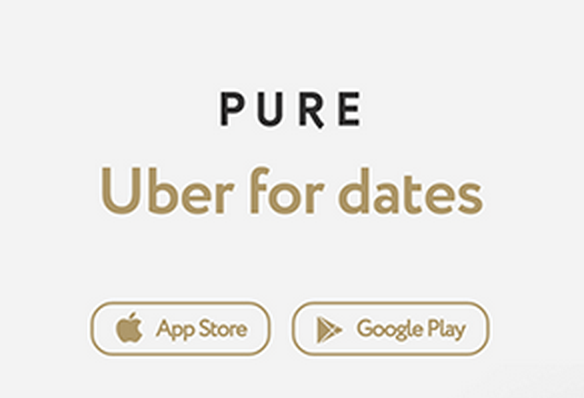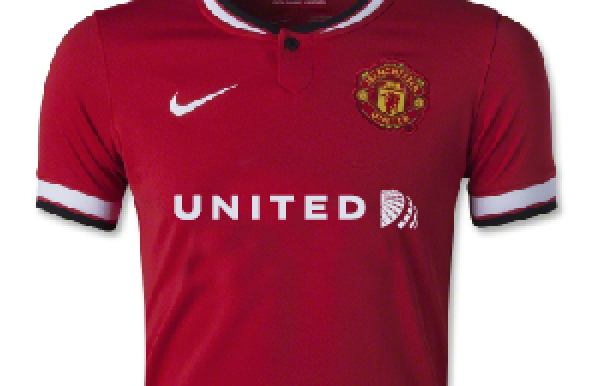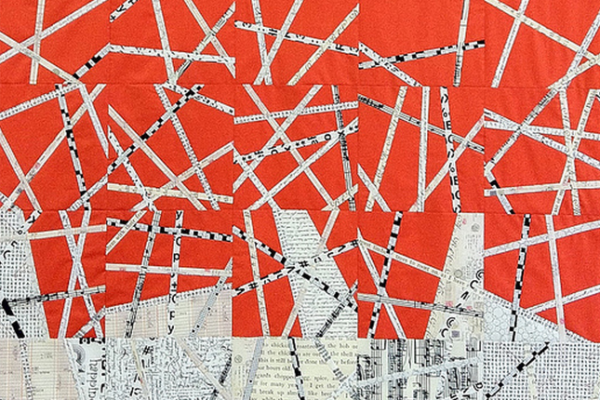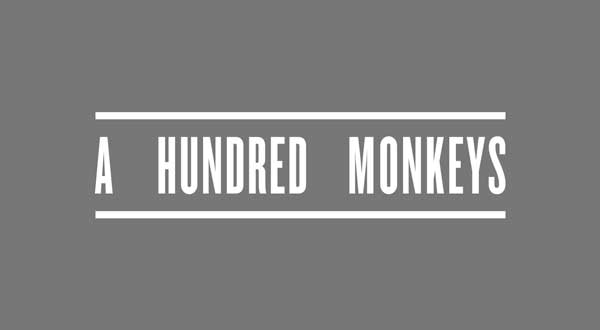Helpful words
What’s a ButFor?
- About: Branding, Positioning
Have you heard of Spoonrocket? It’s like Uber but for food. Have you heard of YPlan? It’s like Uber but for events. Have you heard of Wolfpack? It’s like Tinder but for friendless straight dudes. Have you heard of Coffee? It’s like Tinder but for job networking and self-loathing. Yes, these are all real things….
Emoji Brands: Taking Names at Face Value
- About: Branding, Naming, Positioning
Doubters beware: emoji are here to stay. Their Western invasion (or welcomed arrival, depending on your point of view) began in earnest in 2010, when Unicode, the computer industry text standard, released Unicode Standard 6.0. At Google and Apple’s behest, that character set included 722 new symbols that would come to redefine the way we…
Football brands deserve more fitting sponsors
- About: Branding, Positioning
Let’s start with something really obvious: football (“soccer” for the Americans and Australians) is the most popular sport in the world. Unlike the NBA, NFL, NHL and MLB, most professional football leagues allow for sponsorship on their uniforms. Considering all the interest, these sponsorships go for big bucks. Manchester United’s current deal with Chevy is…
Descriptive Names: Wasting Space Since 1900
- About: Naming
A name shouldn’t tell people what a business or product does. These names—descriptive names—are everywhere: Microsoft, General Electric, Carfax, Jacksonville Sports Store. The business version of occupational names like Smith, Carpenter, and Miller, they’re united by their flare for generic description. They do little to help the businesses and products they describe. “But that’s counterintuitive!”…
Naming Contests and You: A Cautionary Tale
- About: Naming
Before you start that naming contest, take a deep breath. Choosing a name is a bit like choosing a spouse: you aren’t locked in forever, but it’s better for all concerned if you are. It’s a hell of a lot better to get it right the first time than it is to change midway. That’s…
How Company and Product Naming Shapes First Impressions
- About: Naming
First impressions are pivotal. In one-tenth of a second, we decide how we feel about a person—we form a mental image to build on in the future. That image is unusually tough to change. It takes some doing to override millions of years of biological circuitry. We use that same circuitry when we think about…
Empty Vessel Company Names: The Fortune 500’s Secret Weapon
- About: Branding, Naming, Positioning, Writing
Cigna, Avnet, and Alcoa are all Fortune 500 companies. Each has what we call an “empty vessel” name—a moniker with little meaning for a given audience. Empty vessels are extraordinarily popular with large companies in most industries. Names are an opportunity to tell the world who you are. Why, then, would anyone choose an empty…
Eli Altman discusses URL strategies with Inc.
“No one inputs URLs directly anymore. A magic search bar takes care of that for you,” says Eli Altman, creative director of A Hundred Monkeys, a branding and naming firm. He suggests putting an industry phrase in your URL–recall that Elon Musk’s Tesla is still online at TeslaMotors.com. Or a customer prompt: Dropbox.com was originally…
Show and Tell
- About: Branding, Naming, Positioning
Let’s translate a few common phrases: “You can trust me” means “Don’t trust me.” “This is going to be fun” means “This will definitely suck.” “We care” means “You are a number to us.” Say these, and you’re sending a message that’s the opposite of your intent. Sometimes, saying it outright isn’t enough. You have…
The Frozen Pea Problem
- About: Naming
It goes like this: Have you ever named food? Yes. Have you ever named frozen food? Sure. Have you ever named frozen peas? No… We’re really looking for someone with specific expertise here. A fictional version of a conversation that’s happened countless times: cookie shops, new-age health products, luxury cruise lines, whatever—people are looking for…









